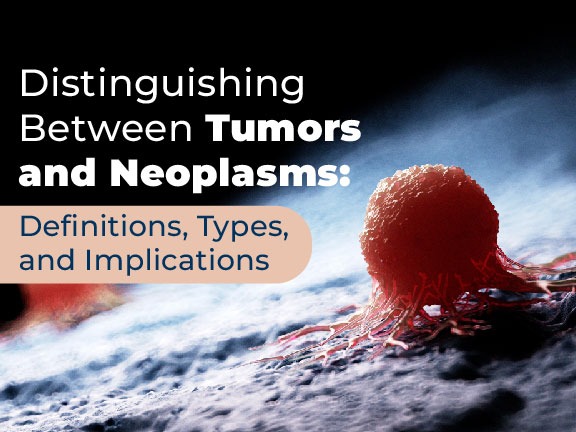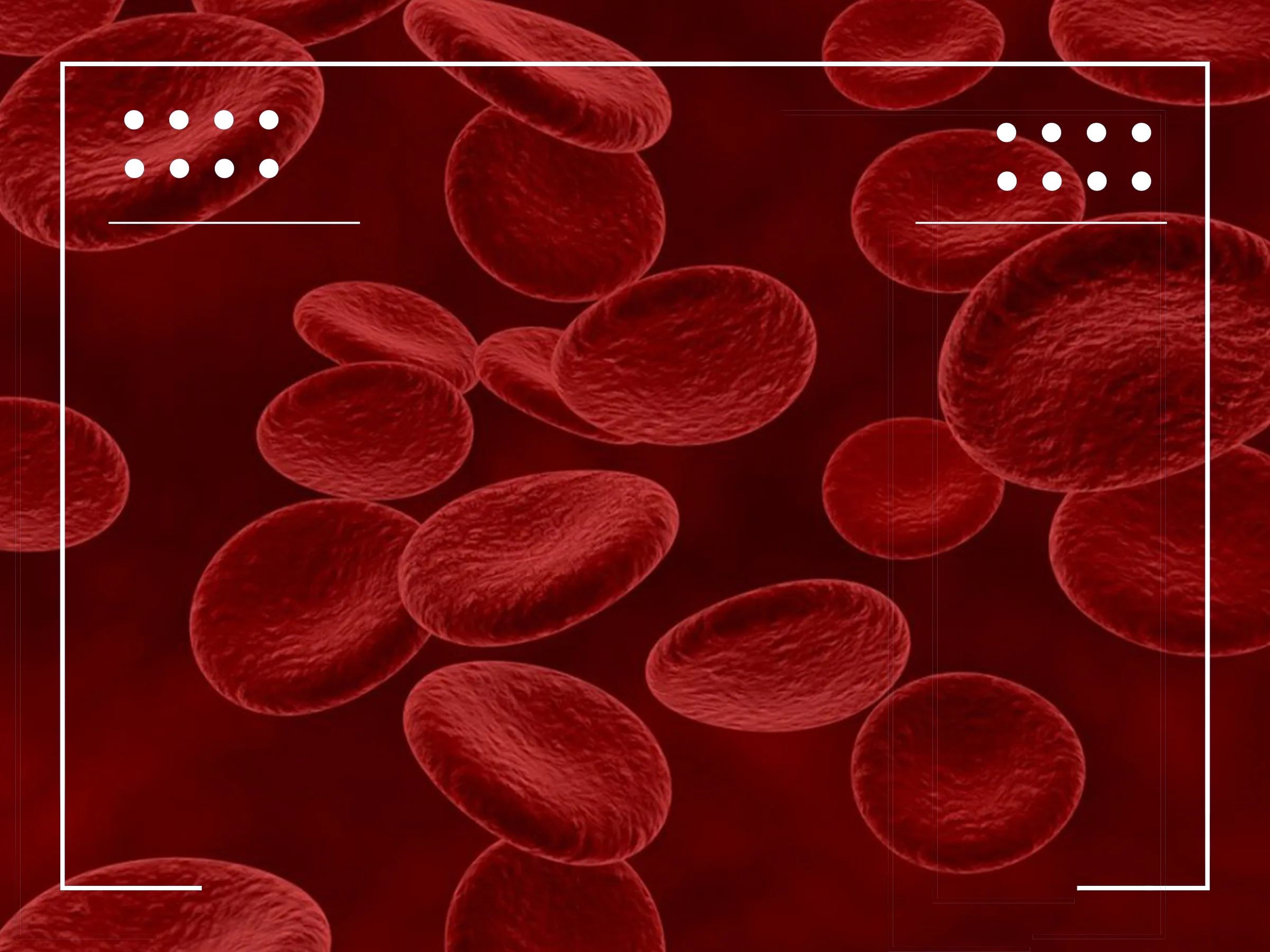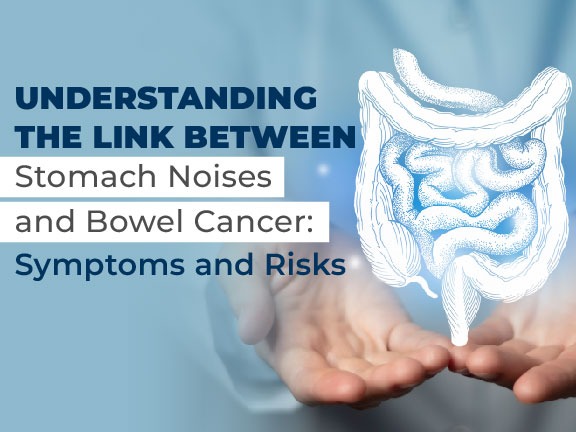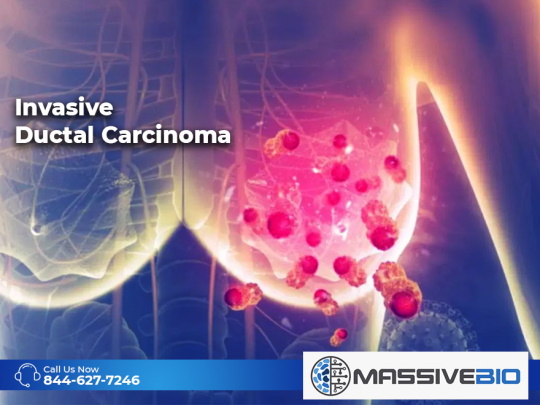ALK positive lung cancer is a subtype of non-small cell lung cancer (NSCLC) characterized by a genetic alteration in the anaplastic lymphoma kinase (ALK) gene. This alteration results in the production of an abnormal ALK protein that drives the growth of cancer cells. ALK positive lung cancer is relatively rare, accounting for about 5% of all NSCLC cases, and it is more commonly found in younger patients and non-smokers. The discovery of this genetic mutation has led to significant advancements in targeted therapies, providing new hope for patients diagnosed with this condition.
ALK positive lung cancer can be effectively treated with ALK inhibitors, which are drugs specifically designed to target and inhibit the abnormal ALK protein. These inhibitors have shown remarkable success in shrinking tumors and improving overall survival rates in patients. Some of the commonly used ALK inhibitors include crizotinib, ceritinib, and alectinib. Despite the effectiveness of these treatments, resistance can develop over time, necessitating ongoing research and the development of new therapies to overcome this challenge. The identification and treatment of ALK positive lung cancer highlight the importance of precision medicine in the management of cancer.
What Is ALK-positive Lung Cancer?
Anaplastic lymphoma kinase (ALK) is a gene that helps in the development of the gut and nervous system. The ALK gene is present when you are only an embryo but gets turned off while you are still in the womb. For some, it gets turned back on and fuses (joins) with another gene. This gene change is called an ALK fusion or ALK rearrangement and can lead to the development of cancer. When ALK fuses with another gene and causes cancer, it is described as ALK-positive. When this mutation is present, lung cancer cells are overproduced and can spread to other parts of the body.
ALK was originally discovered in cases of lymphoma, but most tumors that are ALK-positive cancer are non-small cell lung cancer. The gene most often fused with ALK is EML4. Roughly 72,000 patients are diagnosed with ALK-positive lung cancer each year worldwide.
The treatment for ALK-positive lung cancer typically involves targeted therapies with ALK inhibitors, which have shown promising results in controlling the growth of cancer cells. Common symptoms of ALK-positive lung cancer include persistent cough, chest pain, shortness of breath, and unexplained weight loss. Despite advancements in treatment, the survival rate varies depending on the stage at diagnosis and the patient’s overall health. Research in ALK lung cancer continues to evolve, offering new hope for patients. Understanding the role of ALK in lung cancer is crucial for developing more effective treatments and improving patient outcomes.
What Are the Symptoms of ALK-Positive Lung Cancer?
In most cases of ALK-positive lung cancer, symptoms do not occur until the cancer has spread outside the tumor’s original site. The symptoms of ALK-positive lung cancer are the same as those with lung cancer that does not have an ALK fusion present.
Lung cancer symptoms include:
- Persistent cough
- Wheezing
- Shortness of breath
- Unexplained weight loss
- Hoarse voice
- Fatigue
- Chest pain that worsens when you cough or laugh
Symptoms are often missed in younger people and nonsmokers because they do not expect to have lung cancer. If these symptoms are present, it does not necessarily mean that lung cancer is present. Talk to your doctor to rule out any other causes for the symptoms such as an upper respiratory infection.
Treating ALK-positive lung cancer involves the use of targeted therapies, specifically ALK inhibitors, which are designed to block the abnormal protein produced by the EML4-ALK fusion. These inhibitors have shown effectiveness in shrinking tumors and improving patient outcomes. However, lung cancer remains a moving target due to its ability to develop resistance to treatments over time, necessitating continuous research and the development of new therapies. While squamous cell carcinoma is a different subtype of lung cancer, advancements in understanding and targeting specific genetic mutations like ALK fusions are paving the way for personalized medicine approaches across various lung cancer types.
How Is ALK-Positive Lung Cancer Diagnosed?
A sample of the tumor tissue will be collected and analyzed in a laboratory. Testing methods to determine if your cancer is ALK-positive include:
- FISH analysis: Genetic abnormalities in chromosomes are viewed under a microscope to detect cancer or predict the patient’s outcome.
- Immunohistochemistry: A special staining process is performed on the cancer tissue to show if the ALK alteration is present. Proteins in the cell are viewed under a microscope to detect their presence.
- Next generation sequencing (NGS): A machine looks at the entire genome sequence in the body at once to detect any biomarkers, which are biological molecules produced by the body or tumor in a person with cancer.
- Liquid biopsy: A sample of blood is taken and the test searches for the presence of tumor DNA and biomarkers such as ALK.
Doctors will perform one or more of these tests to confirm the presence of ALK. The results of these tests play a critical role in planning treatment.
What is the life expectancy of someone with ALK lung cancer? The life expectancy of a patient with ALK lung cancer can vary significantly based on several factors, including the stage at diagnosis, overall health, and response to treatment.
What does ALK mean in lung cancer? ALK stands for anaplastic lymphoma kinase, a gene that, when altered, can drive the growth of cancer cells.
Life Expectancy and Prognosis
The prognosis of ALK-positive cancer is less favorable than cancers without the ALK gene fusion present. However, the development of targeted therapies in clinical trial has led to improved outcomes for patients.
The survival rate and life expectancy for ALK-positive lung cancer depends on several factors including what stage the cancer was diagnosed at, what treatments have been used, and the patient’s age. The average life expectancy after diagnosis is 7 years compared to all other non-small cell lung cancers, which have a 5-year survival rate of 61 percent. Those who get targeted therapies such as crizotinib (Xalkori) lived longer than those who are treated with standard chemotherapies. However, in some cases the cancer may return once treatment is completed. Those who are diagnosed at early stages will likely have a more favorable prognosis.
Is ALK-positive lung cancer terminal? While ALK-positive lung cancer can be a serious and life-threatening condition, it is not necessarily terminal. With advancements in targeted therapies, many cancer patients experience significant improvements in survival and quality of life. Early detection and appropriate treatment play critical roles in improving outcomes.Lung adenocarcinoma, a common subtype of non-small cell lung cancer, is often associated with ALK gene fusions. Identifying these genetic changes through molecular testing enables doctors to tailor treatments more effectively, potentially leading to better long-term results.

ALK-Positive Lung Cancer Treatment Options
Lung cancer treatment options vary based on the subtype of cancer, symptoms present, age, and biomarker status. Knowing if you have ALK-positive cancer has the most implications for patients in stage four, when the cancer has spread to distant organs or other parts of the body. Patients with stage four ALK-positive lung cancer will likely be treated with a tyrosine kinase inhibitor (TKI) or ALK-inhibitor.
Targeted therapies that are ALK inhibitors include:
- Crizotinib (Xalkori)
- Ceritinib (Zykadia)
- Lorlatinib (Lorbrena)
- Alectinib (Alecensa)
- Brigatinib (Alunbrig)
In ALK-positive cancer, targeted therapies often stop being as effective within 1-2 years. Doctors will then choose from the following treatment options based on the patient’s individual case:
- A different ALK-inhibitor from the one previously used. Additional testing may determine if a specific ALK inhibitor would be more beneficial.
- Increasing the dose of the current ALK-inhibitor used
- Pemetrexed-based chemotherapy, which works well in ALK-positive lung cancers.
- Radiation therapy to slow the spread of cancer cells
- Clinical trials for ALK-positive cancer
The development of new treatment for ALK-positive lung cancer is an ongoing process, with researchers continually seeking more effective therapies to overcome resistance and improve patient outcomes.
ALK-Positive Lung Cancer Risk Groups
ALK gene fusions are rare in cancer types other than adenocarcinoma non-small cell lung cancer, where 4-5 percent of all cases are ALK-positive. Those who are ALK-positive generally do not smoke and are younger than the average lung cancer patient.
The ALK mutation is not inherited and is considered somatic, meaning it is acquired at some point after birth. Risk factors for ALK-positive lung cancer include:
- Women are more likely to have ALK fusions present than men
- Lung cancer patients under 50
- Lung cancer patients who are nonsmokers
Overall survival for patients with ALK-positive lung cancer has improved significantly with the advent of targeted therapies. The average life expectancy after diagnosis is around 7 years, with those receiving targeted treatments like crizotinib (Xalkori) living longer than those treated with standard chemotherapies. Early detection and appropriate treatment, including participation in clinical trials, can lead to more favorable outcomes and extended survival rates.
ALK-Positive Lung Cancer Clinical Trials
Massive Bio specializes in finding advanced clinical trial treatments for all ALK-positive cancers. If you’ve been diagnosed with any ALK-positive cancer. If you don’t know which type of lung cancer you have, that’s okay. You can request a free consultation from our experts. Additional testing can help you determine your exact diagnosis.













